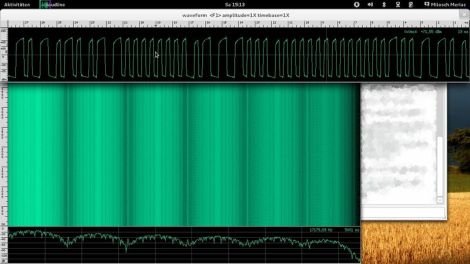The Raspberry Pi Foundation has put a lot of work into their software stack. You need only look at a few of the Allwinnner-based Pi clones for the best evidence of this, but the Pi Foundation’s dedication to a clean and smooth software setup can also be found in Noobs, their support for the Pi Hardware, and to a more limited extent, their open source GPU driver offerings.
Now the Pi Foundation is doing something a bit weird. They’re offering their default Raspberry Pi installation for the Mac and PC. Instead of Flashing an SD card, you can burn a DVD and try out the latest the Pi ecosystem has to offer.
A few months ago, PIXEL became default distribution for the Raspberry Pi. This very lightweight distribution is effectively the Knoppix of 2016 – it doesn’t take up a lot of resources, it provides enough software to do basic productivity tasks, and it’s easy to use.
Now PIXEL is available as a live CD for anything that has i386 written somewhere under the hood. The PC/Mac distribution is the same as the Pi version; Minecraft and Wolfram Mathematica aren’t included due to licensing constraints. Other than that, this is the full Pi experience running on x86 hardware.
One feature that hasn’t been overlooked by a singular decade-old laptop in the Pi Foundation is Pixel’s ability to run on really old hardware. This is, after all, a lightweight distribution for the Raspberry Pi, so you shouldn’t be surprised to see this run on a Pentium II machine. This is great for a school in need of upgrading a lab, but the most interesting thing is that we now have a new standard in Linux live CDs and Flash drives.













